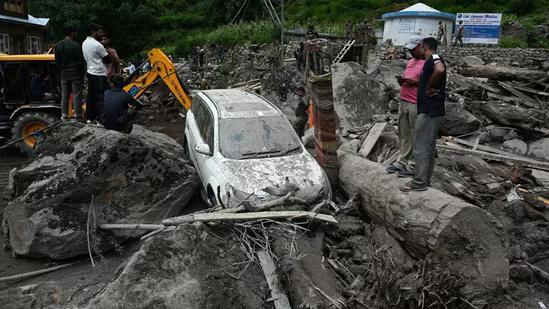
India: One of the Global Leaders in Digital Payments & Startups
In recent years, India has emerged as a leader in the digital payments and startup ecosystem, leaving a lasting impact on the global landscape. The Digital India mission, launched by the government in 2015, has played a crucial role in bridging the digital divide and making technology accessible to every citizen. Today, India is among the top countries in the world in terms of digital payments and e-governance, with a staggering 100 billion transactions recorded in 2024 alone.
UPI: The Game-Changer in Digital Payments
One of the key drivers of India’s success in digital payments is the Unified Payments Interface (UPI). Introduced in 2016, UPI has revolutionized the way Indians make payments. The platform allows users to make transactions using their mobile phones, without the need for physical cards or cash. With UPI, users can make payments, transfer money, and even pay bills using a unique ID and password.
The impact of UPI has been immense. According to the Reserve Bank of India (RBI), UPI has recorded over 100 billion transactions in 2024, making it one of the most widely used digital payment platforms in the world. UPI’s success can be attributed to its ease of use, security, and the wide range of services it offers.
E-Governance: A Key Enabler of Digital Payments
E-governance has played a vital role in India’s digital payments journey. The government’s efforts to digitize public services have enabled citizens to access a range of services online, from paying taxes to renewing licenses. This has not only reduced paperwork but also increased the efficiency and transparency of government services.
The government’s initiatives such as the Aadhaar program, which provides a unique identification number to every citizen, have also contributed to the growth of digital payments. Aadhaar has enabled the government to provide a range of services to citizens, including Direct Benefit Transfer (DBT), which allows for seamless transfer of cash and non-cash benefits to citizens.
Startups: The Engine of Innovation
India is also home to a thriving startup ecosystem, with over 1.25 lakh registered startups across the country. Startups have played a crucial role in driving innovation in India, with many of them focused on digital payments, fintech, and e-commerce.
Startups like Paytm, PhonePe, and Google Pay have disrupted the digital payments landscape, offering a range of services that have made it easier for Indians to make payments online. Other startups are focused on developing innovative solutions for e-commerce, logistics, and supply chain management.
Why India is a Hub for Startups
So, what makes India an attractive hub for startups? Here are a few reasons:
- Large Market: India has a large and growing population, offering a vast market for startups to tap into.
- Cost-Effective: India has a relatively low cost of living and doing business, making it an attractive destination for startups.
- Skilled Workforce: India has a large pool of skilled and educated professionals, making it easy for startups to find the right talent.
- Government Support: The Indian government has been actively supporting startups through initiatives such as the Startup India program, which provides funding, mentoring, and other resources to startups.
Conclusion
In conclusion, India’s success in digital payments and startups is a testament to the country’s ability to innovate and adapt to changing technologies. The Digital India mission has brought technology within the reach of every citizen, and UPI has revolutionized digital payments. With over 1.25 lakh registered startups, India is also one of the largest hubs for innovation and entrepreneurship in the world.
As India continues to grow and evolve, it is likely that its digital payments and startup ecosystem will continue to play a key role in shaping the country’s economy and society. As the government continues to support startups and innovation, there is no doubt that India will remain a leader in the digital payments and startup ecosystem for years to come.
News Source:



